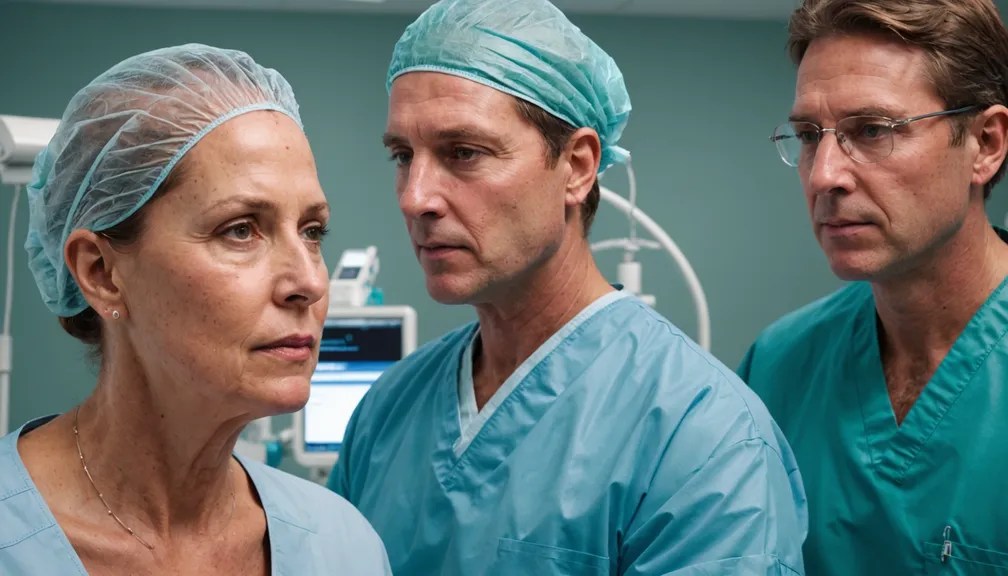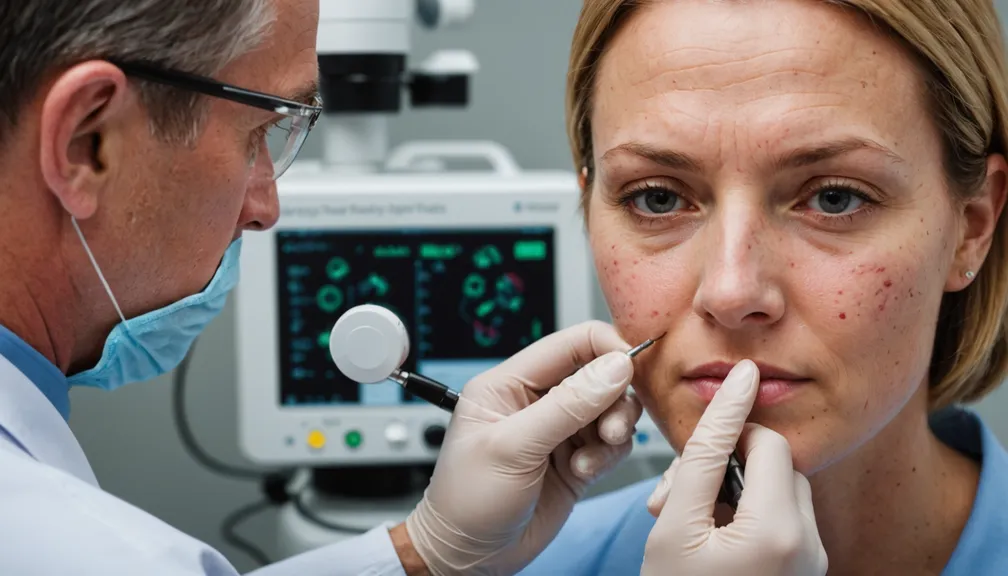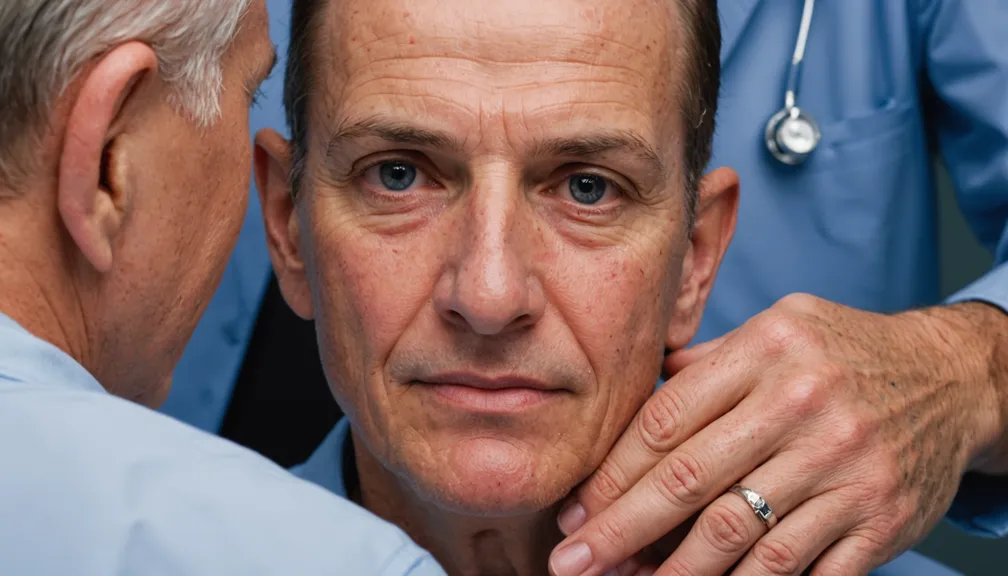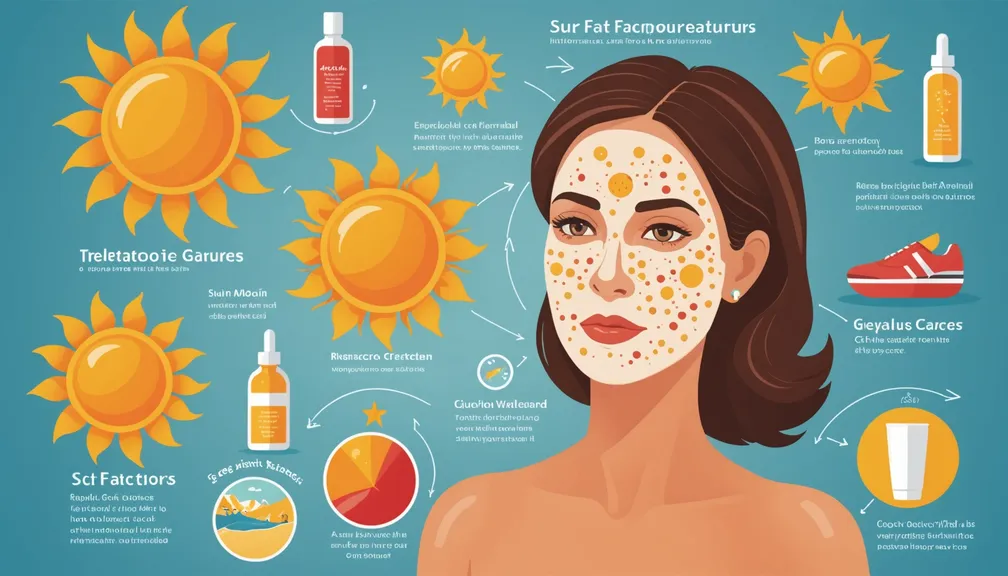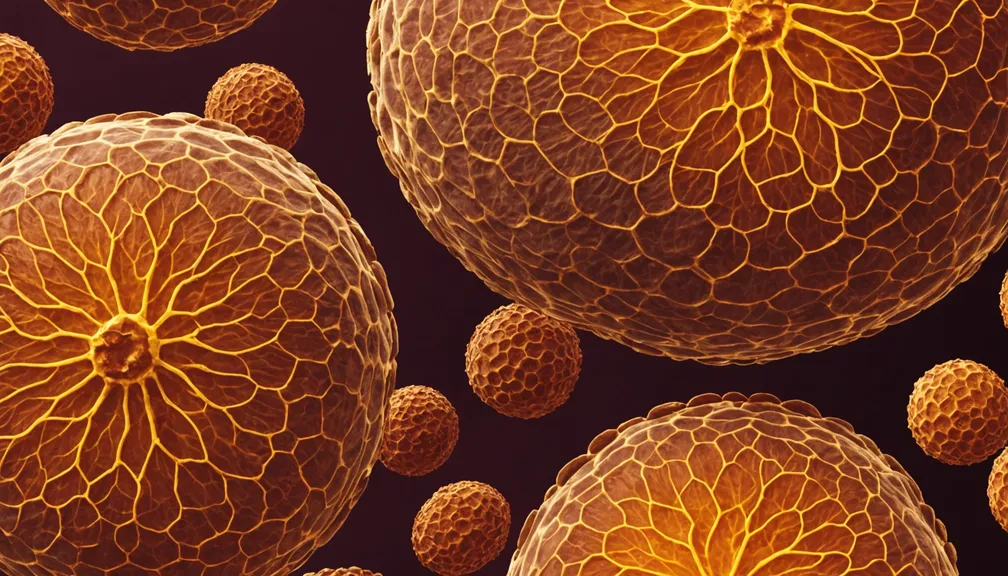Post-Treatment Care: Monitoring and Preventing Recurrence
Managing life after treatment for a rare skin cancer involves careful monitoring and proactive steps to prevent the cancer from returning. This lesson provides essential information to help you and your loved ones navigate post-treatment care with confidence and peace of mind.
Understanding Recurrence
Recurrence refers to the return of cancer after treatment. While rare skin cancers are uncommon, understanding the risk and signs of recurrence is crucial for timely intervention.
- Local Recurrence: Cancer returns at the original site.
- Regional Recurrence: Cancer spreads to nearby lymph nodes or tissues.
- Distant Recurrence: Cancer spreads to distant organs or parts of the body.
Importance of Regular Monitoring
Regular monitoring helps detect any signs of recurrence early, increasing the chances of successful treatment.
- Scheduled Appointments: Keep all follow-up appointments with your healthcare team.
- Imaging Tests: Depending on your cancer type, periodic imaging (like CT scans or MRIs) may be recommended.
- Skin Examinations: Regular check-ups with a dermatologist are essential.
Signs and Symptoms of Recurrence
Being aware of potential signs can lead to early detection and treatment.
- New or Changing Skin Lesions: Any new growths or changes in existing moles or spots.
- Unusual Spots or Bumps: Persistent red, pink, or flesh-colored spots that don't heal.
- Pain or Swelling: Unexplained pain or swelling in the treated area or nearby regions.
- Fatigue or Unexplained Weight Loss: General feelings of tiredness or unintentional weight loss.
Personalized Follow-Up Plan
Work with your healthcare team to create a follow-up plan tailored to your specific needs.
- Frequency of Visits: Depending on your cancer type and stage, follow-up visits may vary in frequency.
- Types of Tests: Determine which tests are necessary for ongoing monitoring.
- Lifestyle Adjustments: Incorporate healthy habits that support your overall well-being.
Lifestyle Considerations for Prevention
Adopting a healthy lifestyle can reduce the risk of recurrence and support your recovery.
Healthy Skin Care Practices
- Gentle Cleansing: Use mild soaps and avoid harsh chemicals that can irritate the skin.
- Moisturizing: Keep your skin hydrated to maintain its barrier against infections.
- Avoiding Trauma: Protect your skin from cuts, scrapes, and other injuries.
Sun Protection
Protecting your skin from the sun is vital in preventing recurrence.
- Use Sunscreen: Apply broad-spectrum sunscreen with at least SPF 30 daily.
- Protective Clothing: Wear hats, long sleeves, and sunglasses when outdoors.
- Seek Shade: Limit sun exposure, especially during peak hours (10 a.m. to 4 p.m.).
Nutrition and Exercise
A balanced diet and regular exercise support your immune system and overall health.
- Healthy Diet: Incorporate plenty of fruits, vegetables, lean proteins, and whole grains.
- Stay Hydrated: Drink enough water throughout the day.
- Regular Activity: Engage in physical activities you enjoy to maintain fitness and reduce stress.
Managing Side Effects and Overall Health
Post-treatment care includes managing any side effects from treatment and maintaining your overall health.
- Follow Medical Advice: Adhere to any recommended treatments or medications.
- Monitor Health Changes: Keep track of any new symptoms or changes in your health and report them to your doctor.
- Rest and Recovery: Ensure you get adequate rest to allow your body to heal.
Emotional Support and Mental Health
Caring for your mental health is just as important as your physical health during post-treatment care.
- Counseling Services: Consider speaking with a mental health professional to navigate emotions.
- Support Groups: Connect with others who have experienced similar diagnoses.
- Open Communication: Share your feelings and concerns with loved ones.
Communication with Healthcare Providers
Effective communication with your healthcare team enhances your post-treatment care.
- Ask Questions: Don't hesitate to ask about any aspect of your care or concerns you may have.
- Keep Records: Maintain a record of your treatments, medications, and any side effects.
- Be Honest: Share all relevant information about your health and lifestyle with your providers.
Things to Avoid
Certain practices and behaviors can increase the risk of cancer recurrence. Being mindful of these can support your ongoing health.
- Unprotected Sun Exposure: Avoid excessive sun exposure and always use sunscreen.
- Tobacco Use: Smoking can impair healing and increase cancer risk.
- Ignoring Changes: Do not overlook new or changing skin lesions; seek medical advice promptly.
- Skipping Follow-Ups: Missing scheduled appointments can delay the detection of recurrence.
- Poor Skincare: Avoid harsh chemicals and abrasive skincare products that can damage your skin.
Healthcare Professionals Involved
A multidisciplinary team of healthcare professionals can provide comprehensive support during your post-treatment care.
- Dermatologist: Specialist in skin health, responsible for regular skin examinations.
- Oncologist: Cancer specialist overseeing your overall treatment and monitoring.
- Primary Care Physician: Manages your general health and coordinates care among specialists.
- Nurse Navigator: Assists in managing appointments, treatments, and providing guidance.
- Mental Health Professional: Offers support for emotional and psychological well-being.
- Reconstructive Surgeon: If needed, assists with any surgical reconstruction post-treatment.
By understanding and actively participating in your post-treatment care, you can significantly reduce the risk of cancer recurrence and maintain a healthy, fulfilling life.


